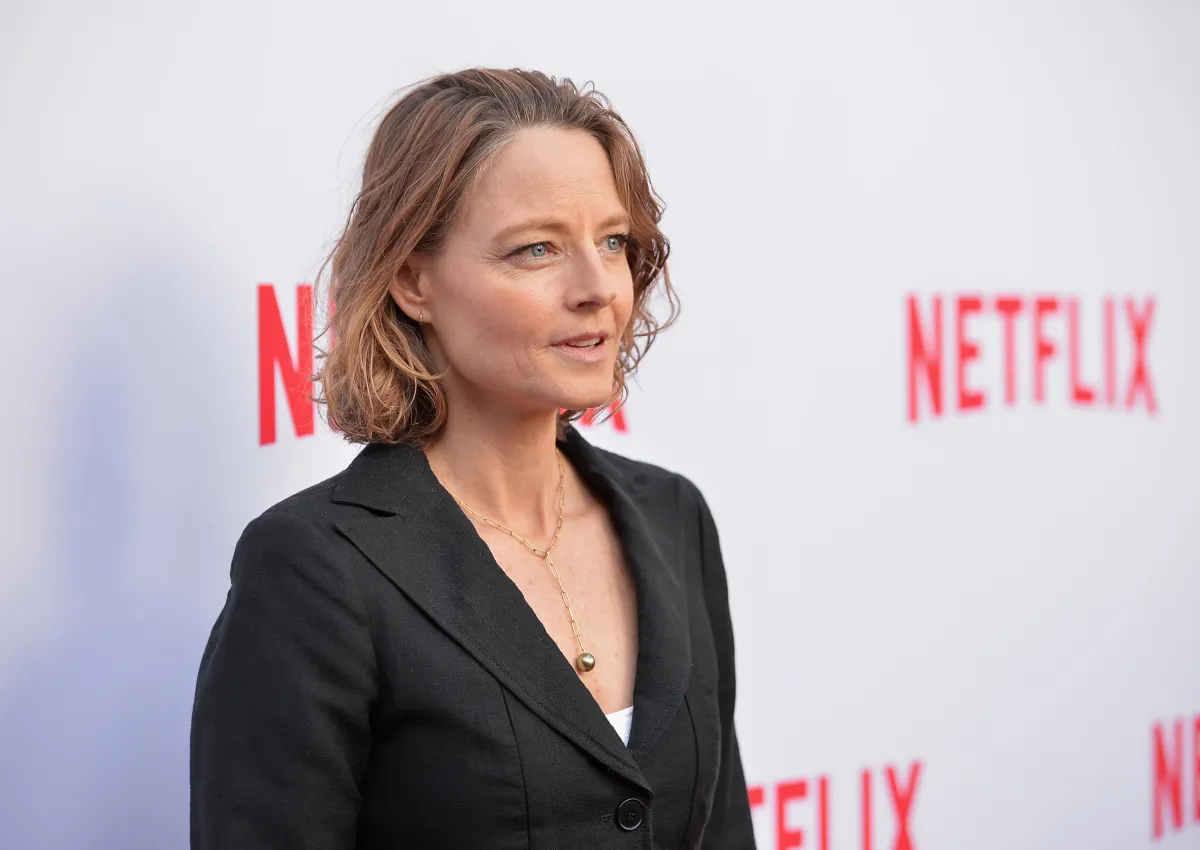In a recent interview with Radio Times magazine, Jodie Foster explained why she doesn’t have any interest in making a big-budget superhero movie in today’s environment. “Going to the movies has become like a theme park,” she said. “Studios making bad content in order to appeal to the masses and shareholders is like fracking—you get the best return right now but you wreck the earth.”
“It’s ruining the viewing habits of the American population,” she continued, “and then ultimately the rest of the world. I don’t want to make $200 million movies about superheroes.” She added that “spectacle” isn’t what appeals to her about film. Instead, she said, “I feel like I make movies because there are things I have to say in order to figure out who I am or my place in the world, or for me to evolve as a person.”
However, Foster later conceded that she would consider starring in a superhero movie if the characters had “really complex psychology.”
Now, there’s a part of me that agrees with Foster. It’s no secret that Hollywood’s new frenzy for franchises has screwed with some of its storytelling. Films like The Amazing Spider-Man 2 and The Mummy suffered deeply from their roles as potential franchise builders, with crammed plots that often felt more like advertisements of things to come than linear narratives. Writing movies this way is definitely not a particularly artistic or enjoyable choice, and it squanders all the best things about the films that get wrapped up in this mentality.
But these failures aren’t the whole picture of the superhero genre at this point in time, with apocalyptic Westerns like Logan and surprisingly moving moments in otherwise comic space operas like Guardians of the Galaxy: Volume 2. And as Patrick (H) Willems pointed out in his YouTube video on the topic, the introduction of longform comics storytelling forms to film does hold some genuinely intriguing artistic possibilities. “Spectacle” doesn’t have to mean lowest common denominator, and even though spectacle isn’t part of what motivates Foster as an artist, it’s definitely part of why I personally go to the movies.
And so my hope for the genre is twofold: that it will continue to expand and experiment in ways that might eventually capture the interest of award winners like Foster, and that award winners like Foster will see past the worst of the genre and come to appreciate the artistic opportunities that long continuity allows for.
(Via Deadline and The Telegraph; image: Shutterstock)
Want more stories like this? Become a subscriber and support the site!
—The Mary Sue has a strict comment policy that forbids, but is not limited to, personal insults toward anyone, hate speech, and trolling.—









Published: Jan 2, 2018 11:50 am